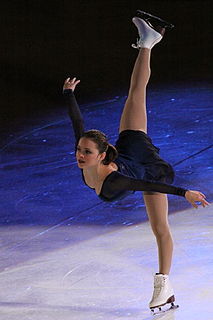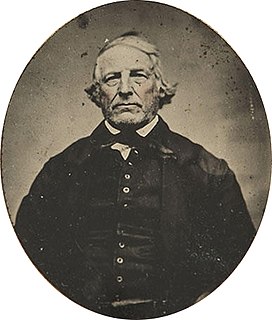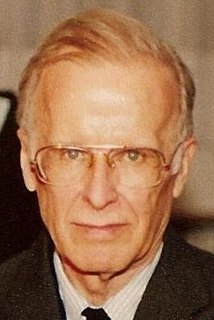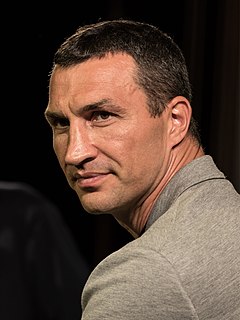A Quote by Sasha Cohen
I do a variety of activities like Pilates, bike riding, physical therapy, and running. I also train on the ice five to six days a week. On the ice, I work on my programs as a whole and the individual technical elements that comprise the programs.
Related Quotes
I chose a rehab center for Nic that was recommended by a friend who had sent her son there. The program lasted 28 days, after which he relapsed. Over the next six years, he was admitted to six residential treatment programs and four outpatient programs. He would do better for a while, but then relapse. Each relapse was crushing.
What I think people should realize is that programs like Social Security, programs like Medicare, programs like the Veterans Administration, programs like your local park and your local library - those are, if you like, socialist programs; they're run by [and] for the public, not to make money. I think in many ways we should expand that concept so that the American people can enjoy the same benefits that people all over the world are currently enjoying.
I think after a big European game you're looking at four or five days. For two days afterwards I don't really do anything. I do a recovery the next day, which is bike work, a light stretch, some yoga and an ice bath after that. Then the second day I would just do the bike again for 20 minutes and then do some strides, which is box to box, just eight of them, just to get the legs going and the blood going again.
The programs that have been discussed over the last couple days in the press are secret in the sense that they are classified but they are not secret in the sense that when it comes to phone calls every member of Congress has been briefed on this program. With respect to all these programs the relevant intelligence committees are fully briefed on these programs. These are programs that have been authorized by broad bipartisan majorities repeatedly since 2006.





































